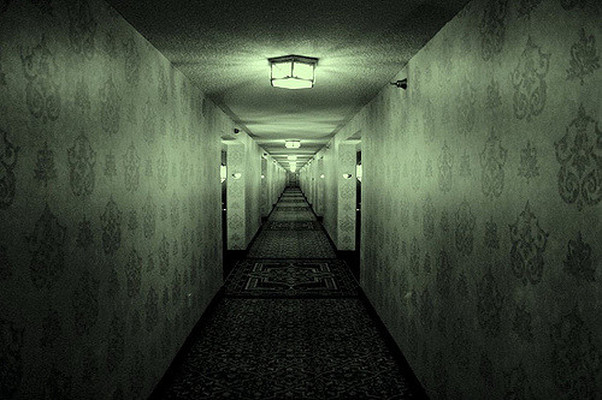|
The Breadcrumbs widget will appear here on the published site.
A Cry in the Dim Part of the Hall
By Keith Moul
QuailBellMagazine.com
Gus sits in a beige puddle
of light, radiating through the bay-window shades. His neck bends stiffly for its old sleep like a fruit tree with too much nurturing.
Come away now.
Let us not wake him. I will tell you how he came to rest in this quiet warmth. Gus was a bullet youth with wired bones in 1918; carried Black Jack's messages between the Huns and only lost an eye, bouncing from his spirited motor bike. (First leaf dying from an elm in waning sunlight could not descend "as softly.") Back at home, the world half dark, the sweetness of life's flower oozed from Gus. He took his shots at tenpins while his daughters cried in the dim part of the hall. He boozed, he danced, and he bled with blisters on his feet. ("Eat the sun," Gus always bantered. He did, and the gobs of fire burned his bulbous stomach raw.) No spring or fall touched proud Gus. His girls could not sprint as fast, slug as hard; and nobody could expect them to. (Gus bounced "like a rubber plant" and “sapped into a bucket.”) Yes, take another brief look at him. The next war made young mothers of his girls. The little boys brought him beer in big tin pails as he watched Friday night's fights, the bay-windows open for humid summer air. (Gus called the bouts "essential to my strength." The family blossomed gay at the new corner tavern.) Now, the great-grand kids play at war in the rusted helmets Gus brought home. Occasionally he does not know their names, and they do not remember his. He cannot see beyond these seventies that peel like sycamore upon his hands. (Gus says his "summers are not long enough," and sparkling birds will never "grace my limbs.") Look, Gus yields to hear the sunlight thinning in the shade, and sleeps to dream that all boys scramble.
#Unreal #Aging #DimHallway #Family #Generations #Life
Visit our shop and subscribe. Sponsor us. Submit and become a contributor. Like us on Facebook and follow us on Twitter.
CommentsComments are closed.
|










